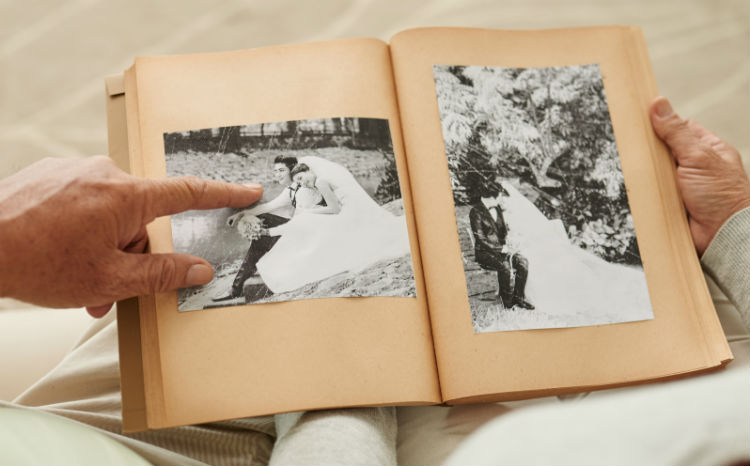In a comment on my recent post about Charlie's lack of emotional response to tragedy, someone felt I resented my husband for his inability to show compassion. That is far from the truth. I was merely bringing to other caregivers' attention the fact that this is just one more side of what happens to a person with dementia.
If your loved one is in the early stages of one of the mind-altering diseases, a lack of empathy is just one more thing that is probably in your future as a caregiver.
Actually, by a week after my daughter's fire, Charlie finally was able to listen to talk of the recovery and realize that something very serious had happened. He even was able to suggest that we should make a generous donation to the recovery fund that had been established. Now that's the Charlie I fell in love with.
But it took a whole week of talk about the fire before it became a reality to him. How long he will remain cognizant of the circumstances is questionable. Next week, he may not have any recollection that it occurred, or he may again suggest that we make a donation, not recalling that we already did that. That's the way of the disease.
I try not to be angry and disappointed by the things he doesn't recall or the things that no longer matter to him. I have to keep reminding myself of the man he used to be—the man he would be today if ischemic attacks had not affected his brain function. It isn't always easy, but it was what I signed on for when I said "in sickness and in health." If the situation was reversed, I know Charlie would be caring for me with everything he had to give.
Even now, if I am having a bad IBS day or my joints are aching, he is always ready and willing to wait on me, encourage me to "order out" or take a nap. The least I can do is keep any resentment I may feel for his inability to show emotion or his lack of memory under control.
By writing about the problems that occur on a daily basis, I hope I can help other caregivers to feel they are not alone, and perhaps even give them a laugh at some of the craziness that goes on in the life of a caregiver. It helps me to stay positive and lighten up the situation in which I find myself.
Do I resent Charlie? Never. Do I get frustrated? Of course. But I will continue to care for him as long as I am physically and mentally able. That's what love is about. That's what caregiving is about.
